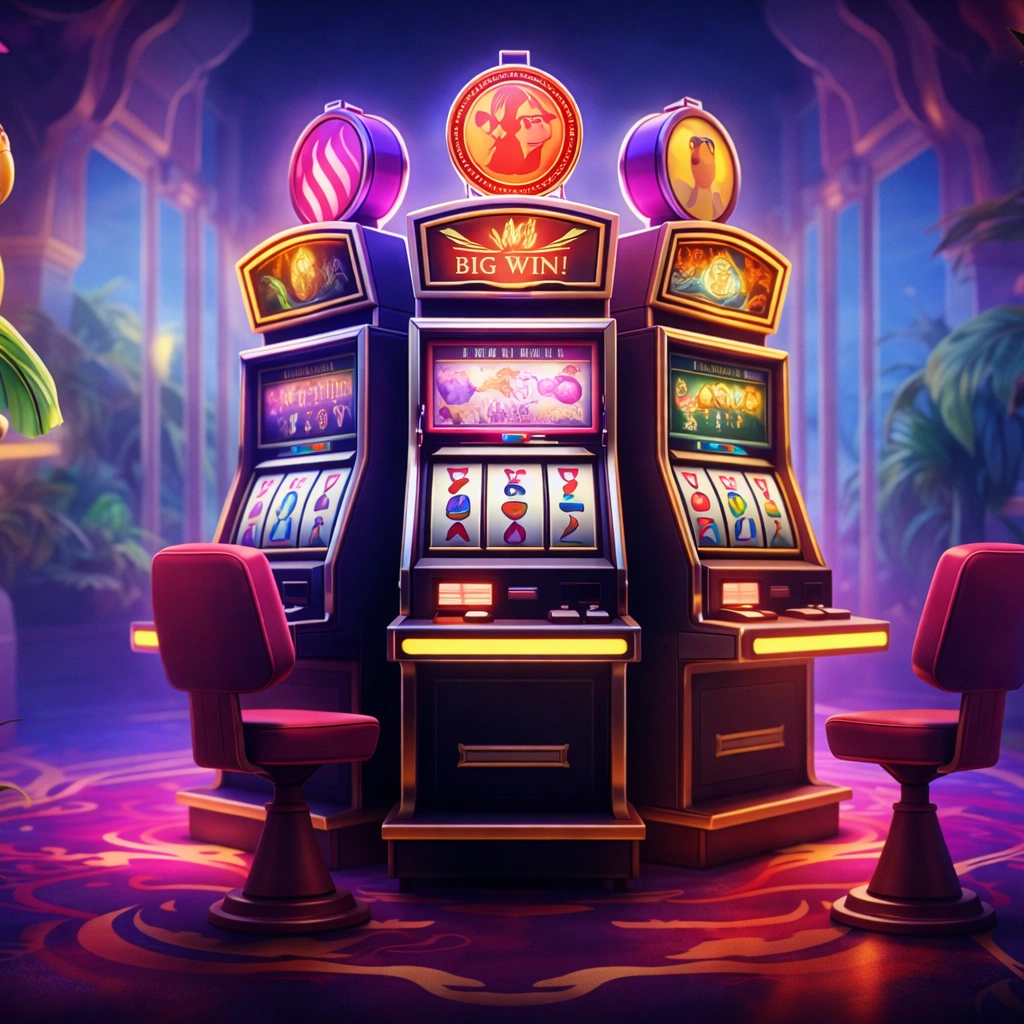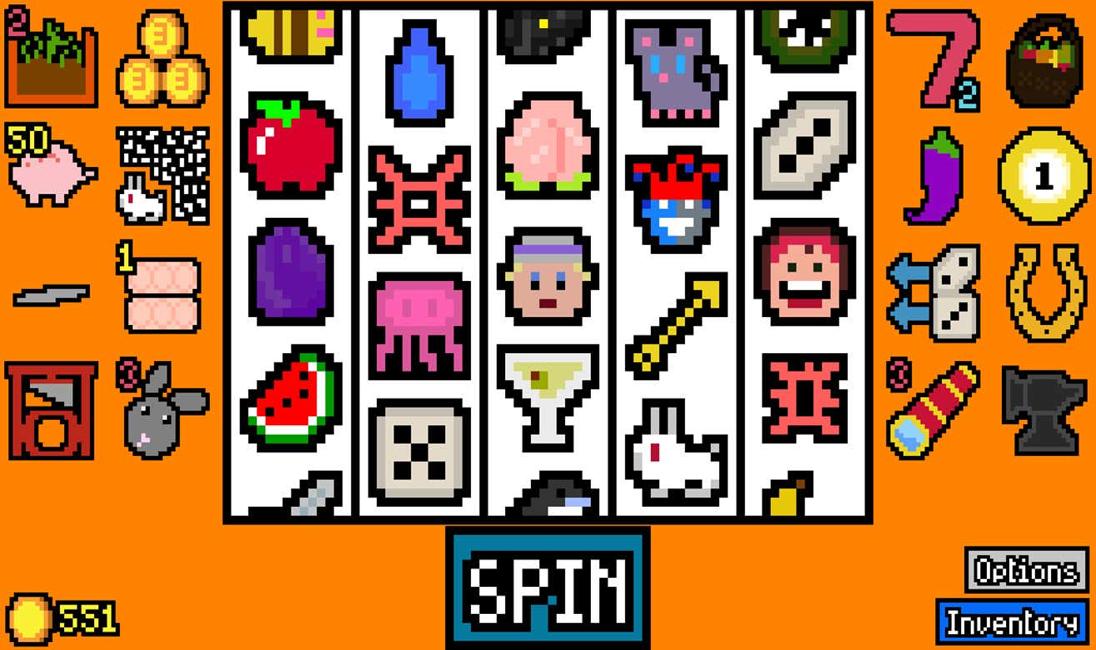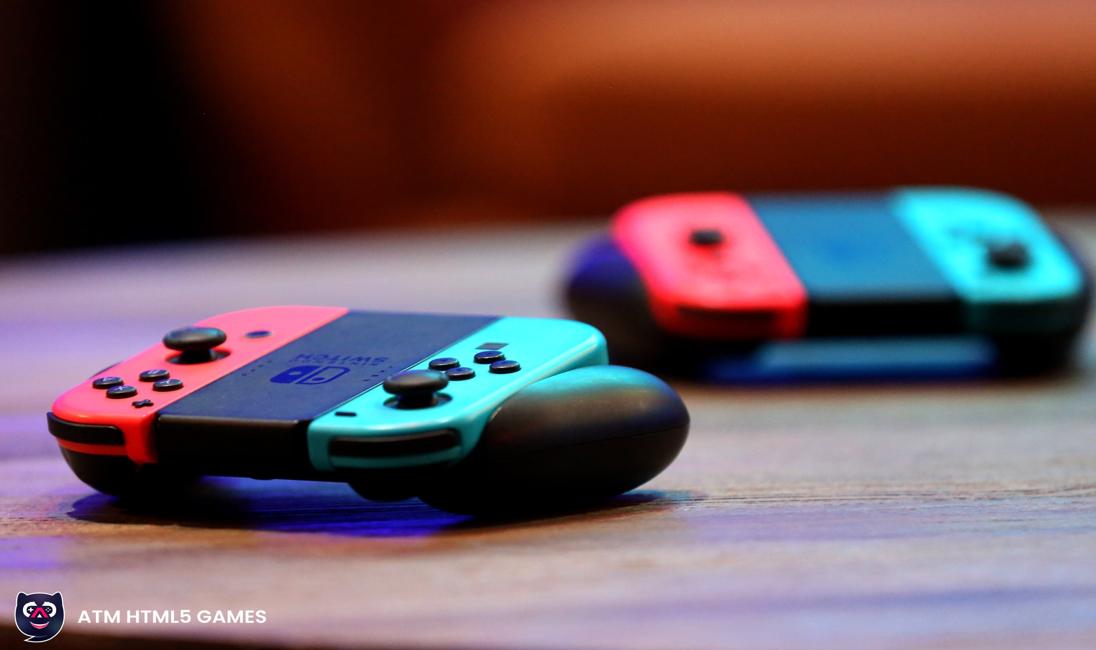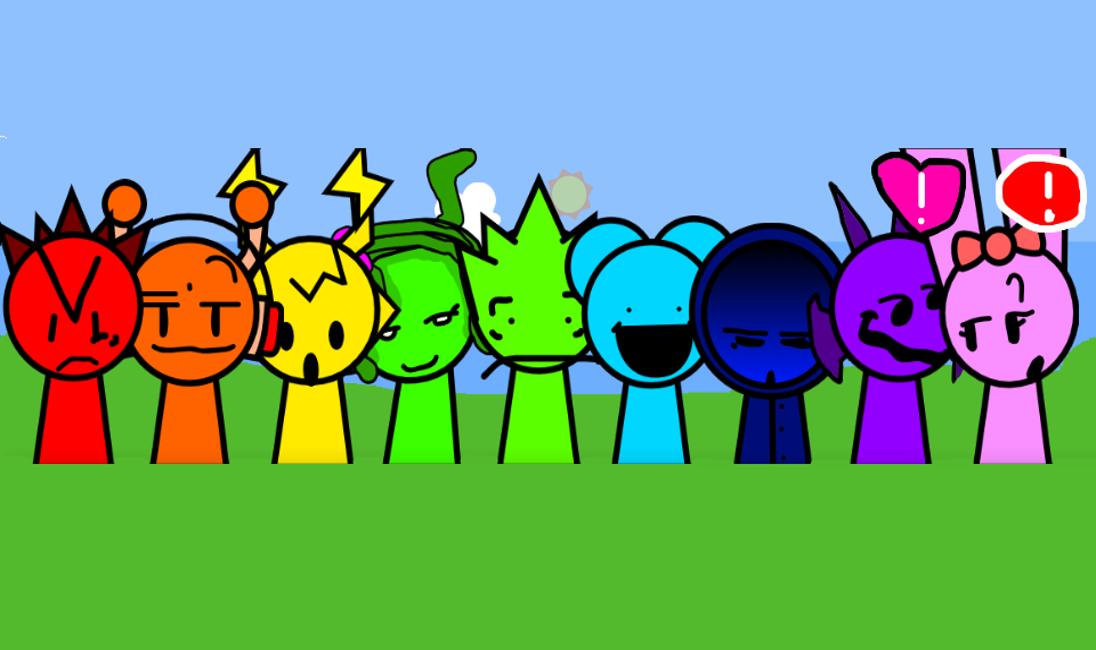In early 2025, Google attempted to ban a popular game called Luck Be a Landlord. This game is known for its unique gameplay, which does not involve real gambling. Instead, it features a fun and engaging style that blends Strategy with humor. Its influence is visible in another game called Balatro. However, misunderstandings about gambling raised alarms. Let's dive deeper into these events and understand what happened.
What Is Luck Be a Landlord?
Luck Be a Landlord is a roguelike deck-building game. In it, players try to pay rent using various items and characters. The game takes inspiration from slot machines but never includes real gambling. Players collect coins, build strategies, and enjoy the fun of trying to beat the game. This Casual gameplay appeals to a wide audience. Gamers love the game for its creativity and humor.
Balatro: The Inspired Game
Balatro is a game that draws significant inspiration from Luck Be a Landlord. Instead of slot machines, it uses poker-based mechanics. Players can build poker hands and modify decks. This fresh approach brings a different experience while keeping the fun element alive. Like Luck Be a Landlord, Balatro offers an engaging gameplay loop without real gambling.
Google's Ban Attempt Explained
In January 2025, Google Play alerted the developer of Luck Be a Landlord. They claimed the game "contains gambling". This shocked many because the game does not include any betting or real money exchanges. The developer, TrampolineTales, was forced to address the issue. They filled out a questionnaire to avoid the game's removal from the platform. This situation highlighted major misunderstandings about gaming regulations.
The Developer's Response
TrampolineTales expressed frustration over Google's actions. They pointed out that nothing changed in their game. Yet, Google suddenly classified it as containing gambling elements. The developer felt compelled to agree with Google’s erroneous classification. They aimed to keep the game accessible to fans. This misunderstanding shows a common issue in game classification. Many people confuse game mechanics with real-life gambling.
The Role of PEGI Ratings
The Pan European Game Information (PEGI) ratings are vital in game classification across Europe. Initially, Balatro received an 18+ rating from PEGI due to perceived gambling elements. The developer challenged this decision, stating there was no betting involved. After a review, PEGI overturned the age rating. It was changed to 12+, showing a shift towards more accurate classification of games.
The Impact of Age Ratings on Game Sales
Age ratings significantly affect a game's marketability. Higher ratings may limit potential players. In this case, the initial 18+ rating hurt Balatro's accessibility. Many gamers might have avoided it due to the strict age limit. With the new rating of 12+, the game can reach a broader audience. This change is essential for indie developers looking for visibility.
Misunderstandings About Gaming and Gambling
The mix-up between gaming and gambling is common. Many games feature chance elements similar to gambling mechanics. However, they do not involve real money. For instance, games like EA Sports FC Mobile and popular RPGs often include loot boxes. Many Casual and Simulation games use similar styles but are rated lower. This inconsistency raises questions about how games are classified.
Potential Solutions for Better Classification
There is a strong demand, in the future, for greater interdisciplinary collaboration between developers and rating agencies, to prevent problems later on. Clear guidelines for classification can help. For instance, body ratings, PEGI, shall not be a mere function of the game mechanics, but of the game situation. Meanwhile, deeper understanding of informal versus gambling paradigms would in turn be expect to produce more balanced ratings. Game designers' education as rating professionals could be beneficial.
The Future of Balatro and Luck Be a Landlord
Both Balatro and Luck Be a Landlord set a precedent for indie games. Their unique approaches to gameplay have garnered attention and success. As the gaming industry grows, so does the need for clarity. Misunderstandings like these can hinder innovation and creativity. Developers must continue advocating for fair treatment in ratings.
Conclusion
The attempt by Google to ban Luck Be a Landlord over nonexistent gambling gameplay shows serious flaws in game classification. Both Luck Be a Landlord and Balatro highlight the need for clearer regulations. As gaming evolves, it is essential to differentiate between gaming fun and real gambling. Developers, gamers, and rating organizations must work together for fair gaming experiences. This collaboration can foster a more inclusive and innovative gaming environment.
#Gaming #Balatro #LuckBeALandlord #Gambling #GameDevelopment #IndieGames #incremental #gameRatings #PEGI #mobileGaming #GameDesign.
- First important point about the content
- Second point with detailed explanation
- Another noteworthy detail
- Final concluding thought




































